-
Creating a Water Ready World
›March 22, 2016 // By Sherri Goodman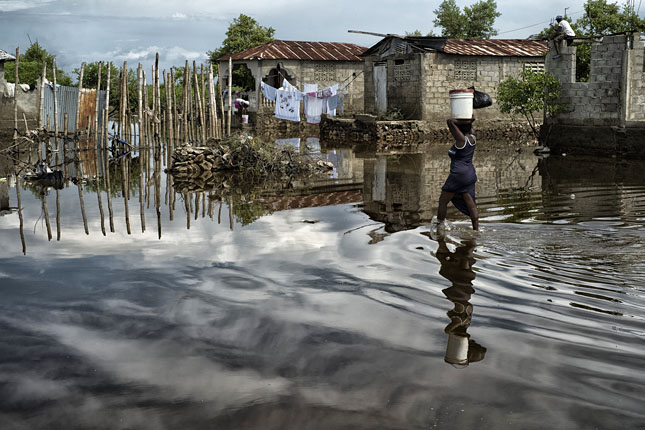
Sitting at my desk looking at bills to be paid, the first one on the stack is for the water company, emblazoned with the phrase, “Water is Life.” Yes, we all know that. But really, as my teenagers would say, “Duh, Mom. So what?”
Well, here’s the “so what” on this World Water Day 2016.
-
Kabul Greenbelt Project Aims to Restore Some Luster to War-Ravaged Capital – and Resilience Too
›
It’s hard to imagine today, but Kabul was once ringed with grassy areas and shrubs, a few trees in areas too. Some of my husband’s favorite recollections of early 1970s Afghanistan are of simple family picnics in picturesque parks. Hours of lounging, grilling kebab, preparing rice, and conversing were a respite from the oppressive heat of the capital. Sometimes a picnic would become an all-night, extended family gathering. The Gardens of Paghman were a favorite destination with rows of pine trees, roses, and cool fountains. Pre-war family photos reveal neatly trimmed trees, bushes, and ample grassy areas for impromptu games. The family picnic is still popular among the Afghan diaspora. In the United States, Afghan community events are often held in parks, and involve large, multi-family picnics.
-
Trudeau’s White House Visit Sets Stage for U.S.-Canada Climate Cooperation
›March 10, 2016 // By Schuyler Null
Canadian Prime Minister Justin Trudeau visits the White House this week and climate change is expected to be one of the highest profile topics of conversation.
-
The Environment and Energy Stories to Watch in 2016
›The climate agreement reached in Paris last December, seen by many as a critical step toward lowering greenhouse gas emissions, was big news – perhaps too big. Pointing to the thousands of articles about COP-21, National Geographic Senior Editor Marla Cone asked at a recent Wilson Center panel, “Is this a wise use of resources, when newsrooms are so stretched thin, to have everybody pretty much chasing the same stories?”
-
David Titley, Center for Climate and Security
New Department of Defense Directive on Climate Change Adaptation and Resilience
›February 25, 2016 // By Wilson Center Staff
If you Google “arcane bureaucratic tool” the Department of Defense Directive (DODD) should be high on the results list. That said, these little-known directives can be very influential in how the Pentagon conducts its day-to-day business. Late last week, Deputy Secretary of Defense Robert Work signed out a DODD that may just be the most meaningful climate-related document the Department of Defense has released.
-
Cleaning up China’s Ports: Shenzhen Explores Fuel Switching and Onshore Power
›
China’s “strictest air protection law” yet took effect on January 1, 2016, promising to bring big changes to its smog-filled cities. But some municipal governments have been ahead of the curve, working to clean up the air through experimentation and innovation. Shenzhen, China’s first special economic zone and which recently passed its neighbor Hong Kong to lead China’s most competitive cities, is one of these.
-
The Commander in Chief, Congress, and Climate Security: Who Has the Authority?
›
Climate change is the world’s greatest environmental threat. It is also increasingly understood as a threat to domestic and international peace and security – recognized by the Department of Defense as a “threat multiplier,” by Secretary of State John Kerry as “perhaps the world’s most fearsome weapon of mass destruction,” and by President Obama, in an address to graduates of the United States Military Academy, as “a creeping national security crisis.” The Supreme Court’s temporary blocking of the Clean Power Plan highlights the Federal-State divide over how to address climate change, but because of its national security dimension, climate change also raises unique separation of powers issues between the president and Congress with regard to how the military can respond.
-
Mike Eckhart: “We Are 40 Years Into a 100-Year Energy Transition”
› “In my view, we are 40 years into a 100-year transition to a clean energy economy,” says Mike Eckhart, global head of environmental finance and sustainability at Citigroup, in this week’s podcast. “We’re in the mainstream of building an industry.”
“In my view, we are 40 years into a 100-year transition to a clean energy economy,” says Mike Eckhart, global head of environmental finance and sustainability at Citigroup, in this week’s podcast. “We’re in the mainstream of building an industry.”
Showing posts from category U.S..


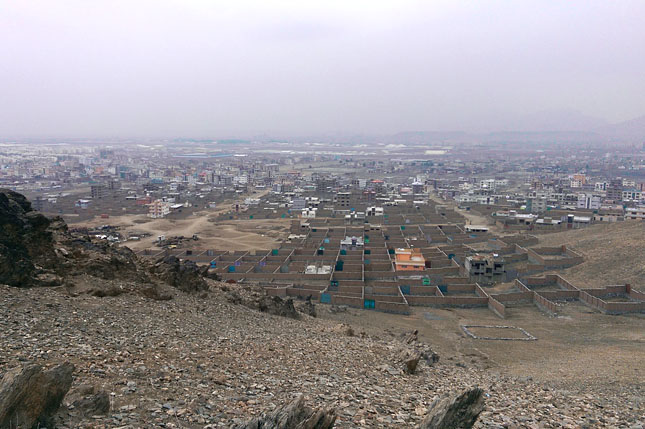
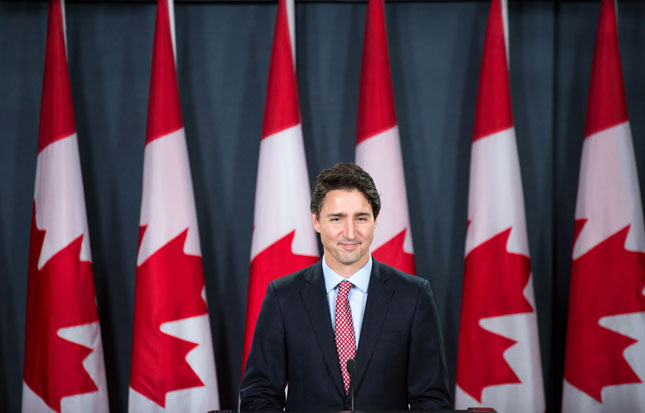

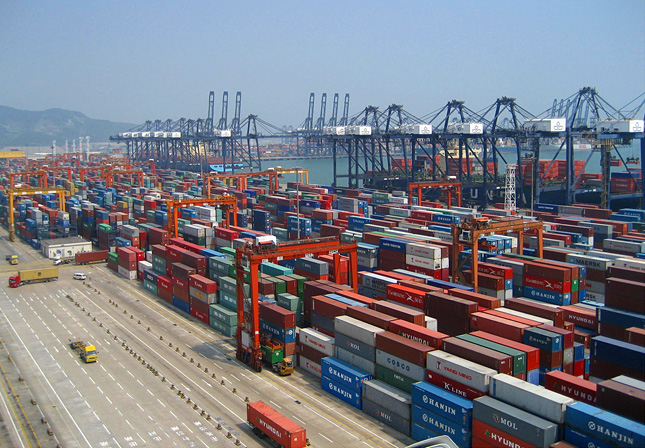
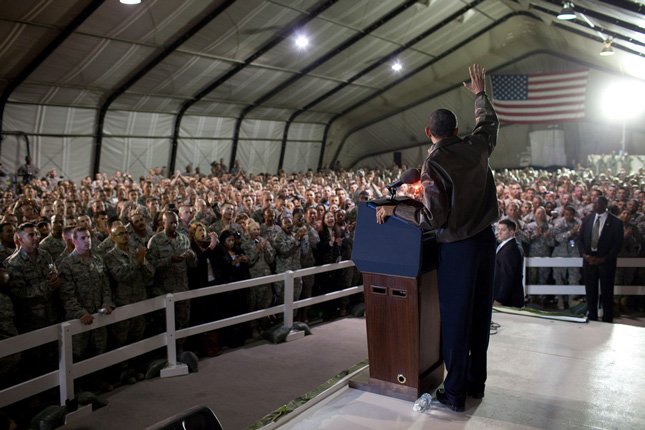
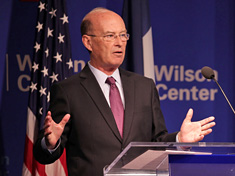 “In my view, we are 40 years into a 100-year transition to a clean energy economy,” says Mike Eckhart, global head of environmental finance and sustainability at Citigroup, in this week’s podcast. “We’re in the mainstream of building an industry.”
“In my view, we are 40 years into a 100-year transition to a clean energy economy,” says Mike Eckhart, global head of environmental finance and sustainability at Citigroup, in this week’s podcast. “We’re in the mainstream of building an industry.”

